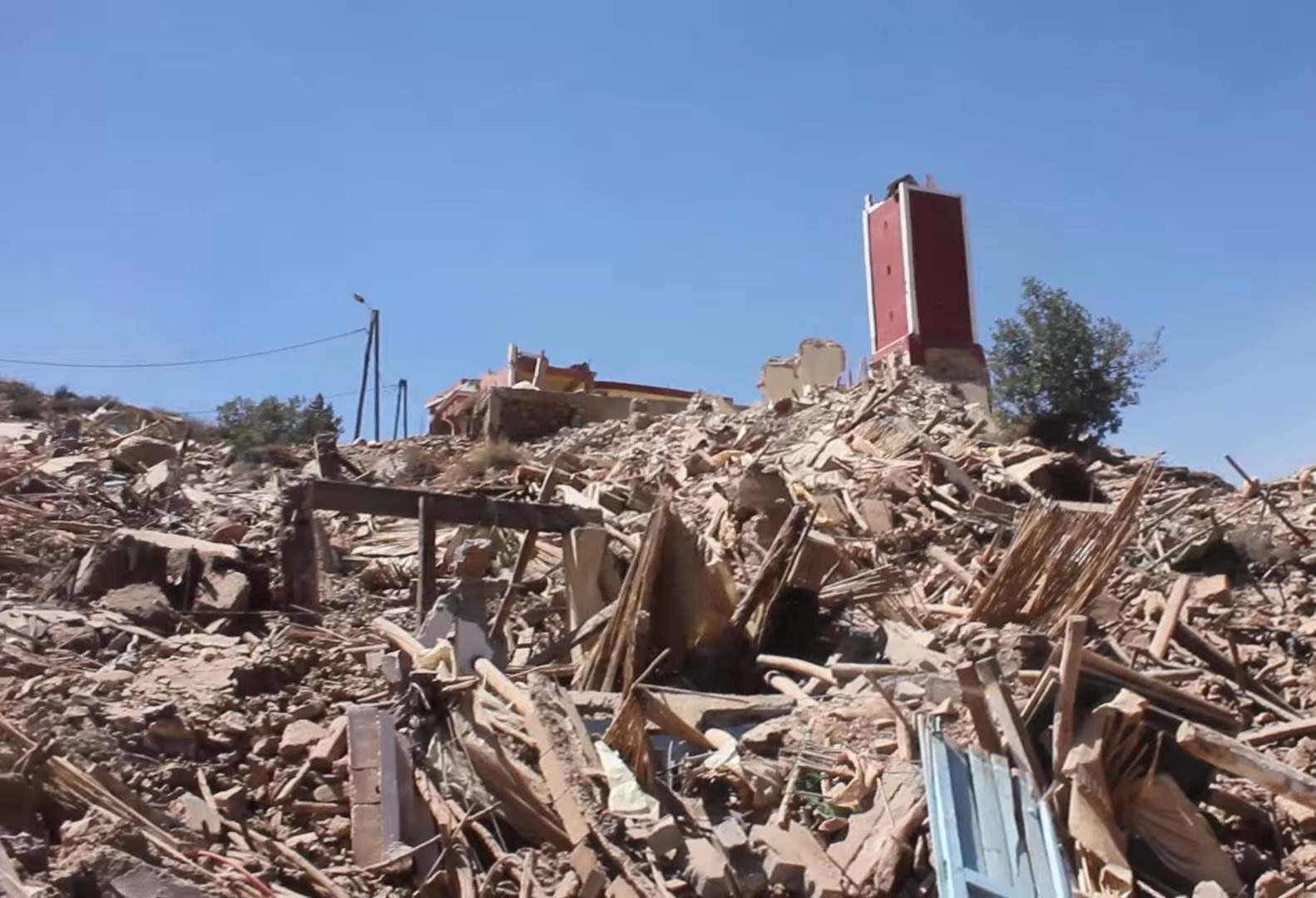
Morocco: local and international rescuers working to save victims
Earthquake in Morocco: relief efforts amid difficulties and needs
In south-western Morocco, a tragedy of devastating proportions shook the country in the night between Friday 08 and Saturday 09 September 2023. A 6.8 magnitude earthquake killed over two thousand people and left thousands of others without a roof to shelter under. The Atlas mountain range, which crosses Morocco from south-west to north-east, was the epicentre of this natural disaster, making access to the affected areas particularly difficult.
The great work of the Moroccan rescuers
Moroccan rescuers are working tirelessly to try to extract those trapped under the rubble and to provide assistance to those left homeless. However, reaching the worst affected towns and villages is a massive challenge due to the mountains that surround them. Despite the extent of the damage, the Moroccan government has so far requested international aid from only a limited number of countries, including the United Arab Emirates, Qatar, the United Kingdom and Spain. This choice was made after a careful assessment of the needs on the ground, with the aim of avoiding the dispersion of resources and ensuring effective coordination.
While many other countries have indicated their readiness to assist in the rescue effort, there must be explicit requests and clear instructions on the area to be covered before personnel and means can be deployed. In Germany, a team of 50 rescuers had prepared to leave from Cologne-Bonn airport, but due to a lack of instructions, they were sent home pending further details from the Moroccan government. Similar situations occur in other countries, and the use of the UN-coordinated relief platform for major disasters, which includes over 3,500 rescuers from around the world, remains uncertain.
Rescue teams from around the world
However, on Sunday, requests for assistance appeared to have increased compared to the initial list provided by the Moroccan government. Rescue teams left from different parts of the world to offer help, as in the case of Nice, France, where at least one team made its way to Morocco. The Czech Republic dispatched around seventy rescuers after receiving an official request for help.
The relief operations were mainly concentrated in the rural region of Haouz, where many houses were built of fragile materials such as mud and lacked adequate earthquake-proof standards. Armed forces were deployed to remove debris from the roads, facilitating the passage of rescue teams. Many communities are without electricity, drinking water, food and medicine, and there are numerous requests for assistance from displaced residents.
Relief management in Morocco is facing an unprecedented challenge following the earthquake that struck the country. The Moroccan government’s decision to request assistance only from a limited number of countries was motivated by the need to ensure effective coordination of available resources. The situation in the affected areas remains critical, with an urgent need to provide assistance and support to those in need, both from the local authorities and the international community.


